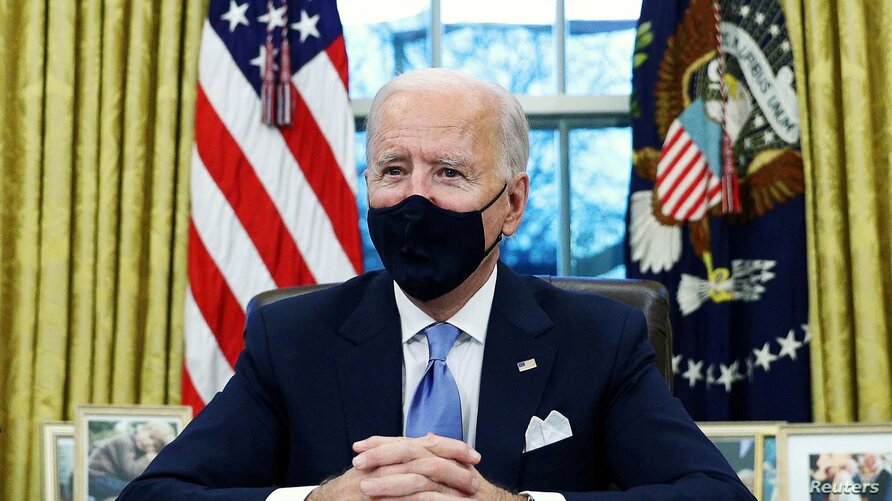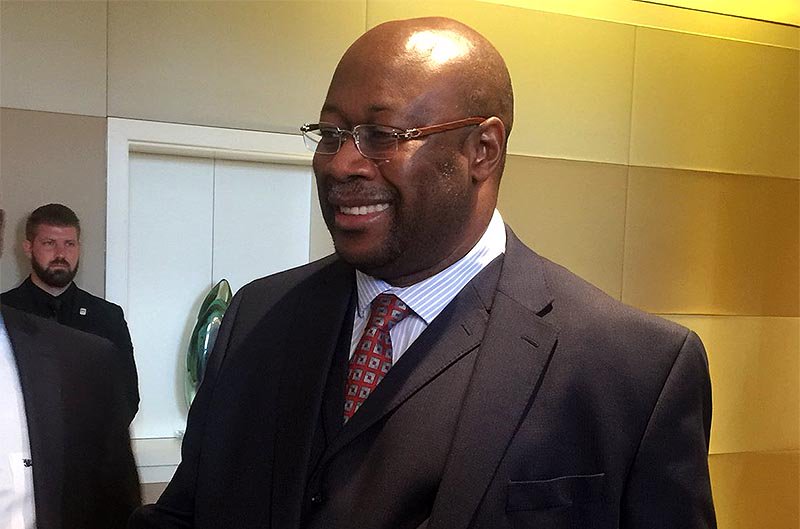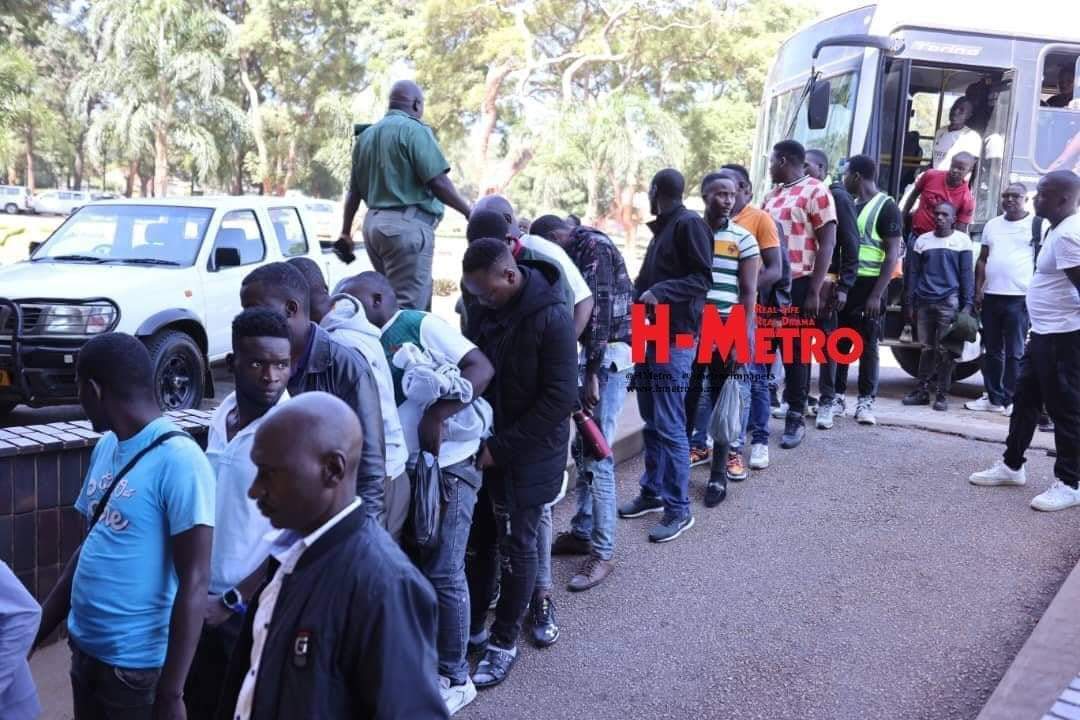WASHINGTON – United States President Joe Biden renewed sanctions targeting Zimbabwe’s ruling elite on Wednesday, citing lack of political reforms and continued efforts by President Emmerson Mnangagwa’s government to undermine the country’s “democratic processes.”
The U.S. government has maintained punitive travel and financial measures on top Zimbabwean officials, including Mnangagwa, and several entities linked to the ruling Zanu PF party since 2003 over alleged human rights violations.
Extending the targeted restrictions by another year, Biden said “actions and policies of certain members of the Government of Zimbabwe and other persons to undermine Zimbabwe’s democratic processes or institutions continue to pose an unusual and extraordinary threat to the foreign policy of the United States.”
“President Emmerson Mnangagwa has not made the necessary political and economic reforms that would warrant terminating the existing targeted sanctions program,” Biden said in a letter to Congress.
“Throughout the last year, government security services routinely intimidated and violently repressed citizens, including members of opposition political parties, union members, and journalists.”
“The absence of progress on the most fundamental reforms needed to ensure the rule of law, democratic governance, and the protection of human rights leaves Zimbabweans vulnerable to ongoing repression and presents a continuing threat to peace and security in the region,” Biden added.
He said actions by Mnangagwa’s government “had contributed to “the deliberate breakdown in the rule of law in Zimbabwe, to politically motivated violence and intimidation in that country, and to political and economic instability in the southern African region.”
“For this reason, the national emergency declared on March 6, 2003, and the measures adopted on that date, on November 22, 2005, and on July 25, 2008, to deal with that emergency, must continue in effect beyond March 6, 2021.
“Therefore, in accordance with section 202(d) of the National Emergencies Act (50 U.S.C. 1622(d)), I am continuing for 1 year the national emergency declared in Executive Order 13288,” Biden added in a separate notice posted on the White House website.
There are 140 or so Zimbabwean entities and individuals currently under U.S. sanctions.
Though widely expected, the renewal deals a blow to Mnangagwa’s re-engagement forays to recalibrate relations with Washington and other Western capitals.
Last month Britain announced its first set of sanctions targeting four Zimbabwean security chiefs – the first such autonomous measures after leaving the European Union.
Britain said State security minister Owen Ncube, police chief Godwin Matanga, Central Intelligence Organisation boss Isaac Moyo and former Presidential Guard commander Anselem Nhamo Sanyatwe were “responsible for the worst human rights violations against the people of Zimbabwe since President Emmerson Mnangagwa took power in November 2017.”















